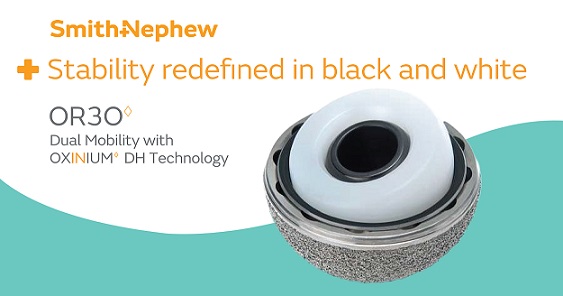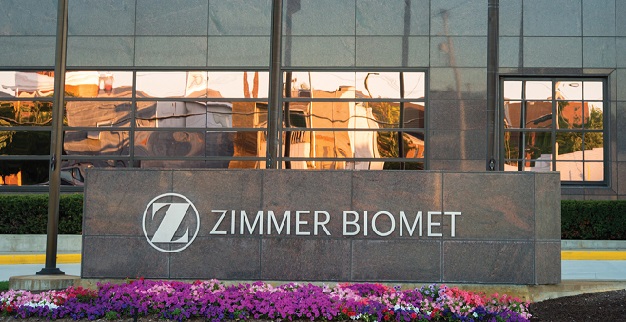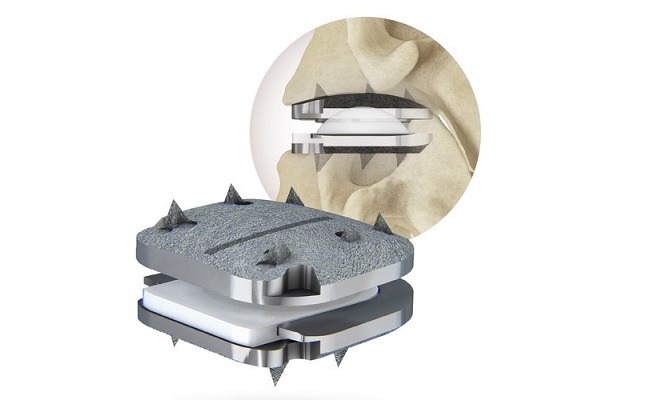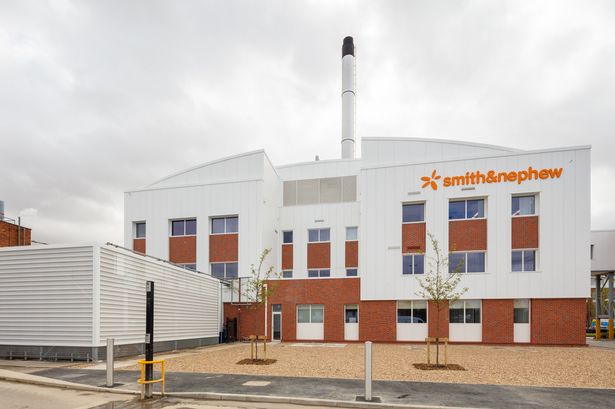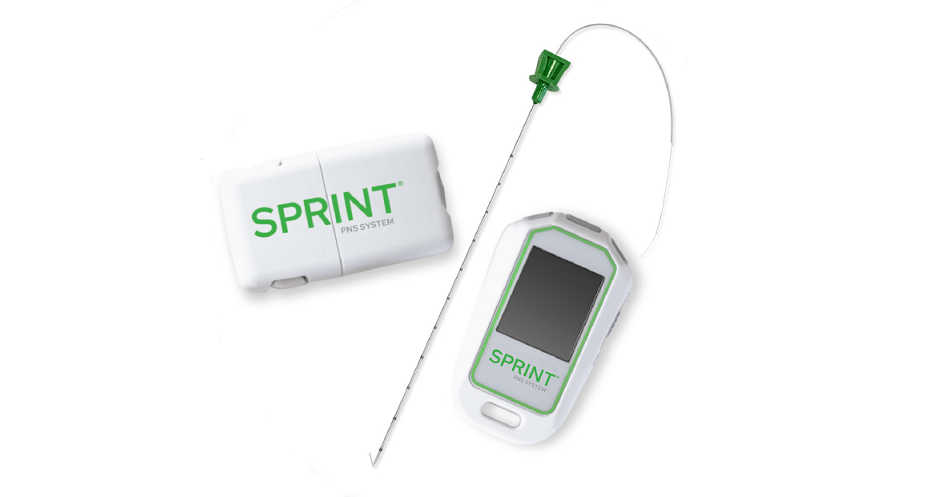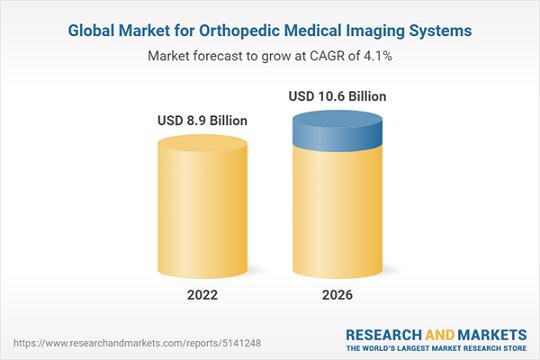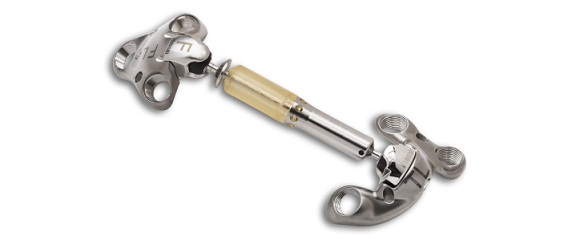Features proprietary OXINIUM™ DH material; eliminates Cobalt Chrome alloy reducing wear and corrosion risks1
20 September 2022 –
Smith+Nephew (LSE:SN, NYSE:SNN), the global medical technology business, today announces the launch of its OR3O Dual Mobility System for use in primary and revision hip arthroplasty in Japan. Compared with traditional solutions, dual mobility implants have a small diameter femoral head that locks into a larger polyethylene insert – increasing stability, reducing dislocation risk, and offering improved range of motion.2
While most competitive devices utilize a Cobalt Chrome (CoCr) liner along with CoCr or ceramic head balls, OR3O incorporates Smith+Nephew’s latest advanced bearing surface, OXINIUM DH, for its liner and proprietary OXINIUM on XLPE for its femoral head and polyethylene inserts. This eliminates both the modular CoCr liner and/or CoCr head ball from the construct – reducing wear and corrosion risks that have been associated with the alloy.1
OXINIUM DH (Diffusion Hardened) is a unique variation of Smith+Nephew’s OXINIUM Technology platform that increases the depth of hardening through an additive manufacturing process.
The modular dual mobility segment was introduced to Japan in 2013 and has continued to grow globally. Post-operative dislocation is the second most common reason for revision of a total hip replacement globally3-6 and remains a serious concern for surgeons when performing total hip arthroplasty. Studies have shown dual mobility is uniquely positioned to manage dislocation, better than metal-on-metal or ceramic-on-ceramic large head series.7
“Smith+Nephew’s OR3O Dual Mobility System is a groundbreaking introduction for Japan that offers technology not available in competitive systems,” said Shinya Dobashi, Senior Vice President and Managing Director, North Asia, Smith+Nephew. “Over a dozen peer reviewed publications have now cited or expressed concerns over corrosion or elevated ions in CoCr modular dual mobility liners.8-20 The reduced corrosion1 of our OXINIUM and OXINIUM DH bearing surface sets OR3O apart from the competition.”
Smith+Nephew’s OR3O™ Dual Mobility System is available in Japan for both primary and revision applications and offers cross-compatibility with the R3™ Acetabular System.
Enquiries
| Media | |
| David Snyder | +1 978-749-1440 |
| Smith+Nephew | |
References
- Parikh A; Pawar V; Sprague J. Long-term Simulator Wear Performance of an Advanced Bearing Technology for THA. Poster Presented at ORS. 2013; Poster No:1028
- Darrith B, Courtney P.M., Della Valle C.J. Outcomes of dual mobility components in total hip arthroplasty. Bone Joint J 2018;100-B:11–19.
- Australian Orthopaedic Association National Joint Replacement Registry (AOANJRR). Hip, Knee &
- Shoulder Arthroplasty: 2021: 2021 Annual Report, Adelaide; AOA, 2021: [Available at: https://aoanjrr.sahmri.com/annual-reports-2021]
- National Joint Registry for England, Wales and Northern Ireland, 18th Annual Report [Available at: https://reports.njrcentre.org.uk/downloads]
- American Joint Replacement Registry (AJRR), The Seventh Annual Report of the AJRR on Hip and Knee Arthroplasty 2021, American Academy of Orthopaedic Surgeons
- Italian Arthroplasty Register, Addendum to the Annual Report 2019, English Version of Tables and Figures, October 2020
- Boyer, B., Philippot, R., Geringer, J. & Farizon, F. (2011). ‘Primary total hip arthroplasty with dual mobility socketto prevent dislocation: a 22-year follow-up of 240 hips’, International Orthopaedics (SICOT) (2012) 36:511–518
- Spece, H., MacDonald, D. W., Mont, M. A., Lee, G.-C., and Kurtz, S. M., “Fretting Corrosion and Polyethylene Damage Mechanisms in Modular Dual Mobility Total Hip Arthroplasty,”Beyond the Implant: Retrieval Analysis Methods for Implant Surveillance, ASTM STP1606
- Nam,D., Salih,R., Nahhas,C., Barrack,R. And Nunley,R, (2019). ‘Is a modular dual mobility acetabulum a viable option for the young, active total hip arthroplasty patient?’, Bone Joint J 2019;101-B:365–371
- Matsen Ko,L., Pollag,K., Yoo,J., & Sharkey,P (2015). ‘Serum Metal Ion Levels Following Total Hip Arthroplasty With ModularDual Mobility Components’, The Journal of Arthroplasty 31 (2016) 186–189
- Civinini,R., Cozzi Lepri,A., Carulli,C., Matassi,F., Villano,M., & Innocenti,M. (2019). ‘Patients Following Revision Total Hip Arthroplasty With ModularDual Mobility Components and Cobalt-Chromium Inner MetalHead are at Risk of Increased Serum Metal Ion Levels’, The Journal of Arthroplasty 35 (2020) S294eS298
- Romero,J., Wach,A., Silberberg,S., Chiu,Y., Westrich,G., Wright,T., & Padgett,D. (2020) ‘2020 Otto Aufranc Award: Malseating of modular dual mobility liners; Incidence and Implications’ ,Bone Joint J 2020;102-B(7 Supple B):20–26
- Lee,G., Kamath,A. & Maxwell Courtney,P. (2020). ‘Clinical Concerns With Dual Mobility- Should I Avoid it When Possible?’, Article in Press, The Journal of Arthroplasty xxx (2021) 1e4
- Gkiatas,I., Sharma,A., Greenberg,A., Duncan,S., Chalmers,B. & Sculco,P. (2020). ‘Serum metal ion levels in modular dual mobility acetabular components: A systematic review’, Journal of Orthopaedics 21 (2020) 432–437
- Steven M. Kurtz et al. (2015) ‘Is There Material Loss at the Backside Taper in Modular CoCr Acetabular Liners?’, Clinical Orthopaedics and Related Research, 473:275–285
- Lombardo,D., Siljander,M., Gehrke,C., Moore,D., Karadsheh,M. & Baker,E. (2018). ‘Fretting and Corrosion Damage of Retrieved Dual-Mobility TotalHip Arthroplasty Systems’, The Journal of Arthroplasty 34 (2019) 1273e1278
- Kolz,J., Wyles,C., Van Citters,D., Chapman,R., Trousdale,R. & Berry,D. (2020). ‘In Vivo Corrosion of Modular Dual-Mobility Implants:A Retrieval Study’, The Journal of Arthroplasty 35 (2020) 3326e3329
- Sonn,K. & Meneghini,R. (2020). ‘Case report: Adverse Local Tissue Reaction due to Acetabular Corrosion in Modular Dual-Mobility Constructs’, Arthroplasty Today 6 (2020) 976e980
- Tarity,T., Koch,C., Burket,J., Wright,T. & Westrich,G. (2016). ‘Fretting and Corrosion at the Backside of Modular Cobalt ChromiumAcetabular Inserts: A Retrieval Analysis’, The Journal of Arthroplasty 32 (2017) 1033e1039
- D. C. Markel, T. Bou-Akl, M. D. Rossi, N. Pizzimenti, B. Wu, W. Ren (2019). ‘Blood metal levels, leucocyte profiles, and cytokine profiles in patients with a modular dual-mobility hip prosthesis: Early results from a prospective cohort study’, Bone Joint J 2019;101-B:1035–1041
About Smith+Nephew
Smith+Nephew is a portfolio medical technology business focused on the repair, regeneration and replacement of soft and hard tissue. We exist to restore people’s bodies and their self-belief by using technology to take the limits off living. We call this purpose ‘Life Unlimited’. Our 18,000 employees deliver this mission every day, making a difference to patients’ lives through the excellence of our product portfolio, and the invention and application of new technologies across our three global franchises of Orthopaedics, Sports Medicine & ENT and Advanced Wound Management.
Founded in Hull, UK, in 1856, we now operate in more than 100 countries, and generated annual sales of $5.2 billion in 2021. Smith+Nephew is a constituent of the FTSE100 (LSE:SN, NYSE:SNN). The terms ‘Group’ and ‘Smith+Nephew’ are used to refer to Smith & Nephew plc and its consolidated subsidiaries, unless the context requires otherwise.
For more information about Smith+Nephew, please visit www.smith-nephew.com and follow us on Twitter, LinkedIn, Instagram or Facebook.
Forward-looking Statements
This document may contain forward-looking statements that may or may not prove accurate. For example, statements regarding expected revenue growth and trading margins, market trends and our product pipeline are forward-looking statements. Phrases such as “aim”, “plan”, “intend”, “anticipate”, “well-placed”, “believe”, “estimate”, “expect”, “target”, “consider” and similar expressions are generally intended to identify forward-looking statements. Forward-looking statements involve known and unknown risks, uncertainties and other important factors that could cause actual results to differ materially from what is expressed or implied by the statements. For Smith+Nephew, these factors include: risks related to the impact of COVID-19, such as the depth and longevity of its impact, government actions and other restrictive measures taken in response, material delays and cancellations of elective procedures, reduced procedure capacity at medical facilities, restricted access for sales representatives to medical facilities, or our ability to execute business continuity plans as a result of COVID-19; economic and financial conditions in the markets we serve, especially those affecting health care providers, payers and customers (including, without limitation, as a result of COVID-19); price levels for established and innovative medical devices; developments in medical technology; regulatory approvals, reimbursement decisions or other government actions; product defects or recalls or other problems with quality management systems or failure to comply with related regulations; litigation relating to patent or other claims; legal compliance risks and related investigative, remedial or enforcement actions; disruption to our supply chain or operations or those of our suppliers (including, without limitation, as a result of COVID-19); competition for qualified personnel; strategic actions, including acquisitions and dispositions, our success in performing due diligence, valuing and integrating acquired businesses; disruption that may result from transactions or other changes we make in our business plans or organisation to adapt to market developments; and numerous other matters that affect us or our markets, including those of a political, economic, business, competitive or reputational nature. Please refer to the documents that Smith+Nephew has filed with the U.S. Securities and Exchange Commission under the U.S. Securities Exchange Act of 1934, as amended, including Smith+Nephew’s most recent annual report on Form 20-F, for a discussion of certain of these factors. Any forward-looking statement is based on information available to Smith+Nephew as of the date of the statement. All written or oral forward-looking statements attributable to Smith+Nephew are qualified by this caution. Smith+Nephew does not undertake any obligation to update or revise any forward-looking statement to reflect any change in circumstances or in Smith+Nephew’s expectations.
◊ Trademark of Smith+Nephew. Certain marks registered US Patent and Trademark Office.

